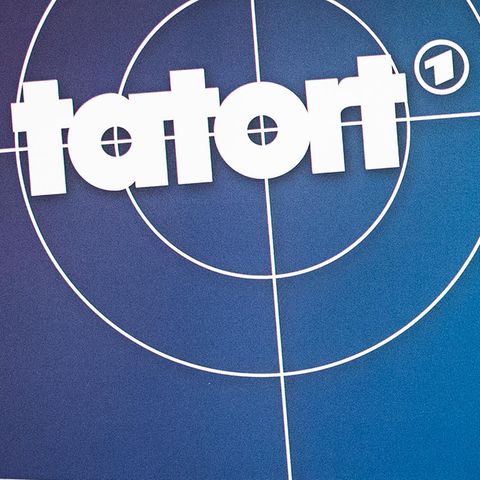questions and answers
Lawsuits against broadcasting fees are permissible: What does this mean for ARD and ZDF?
Copy the current link
Add to watchlist
The Federal Administrative Court has decided that one can sue against the broadcasting fee because of the “lack of diversity” in the program. What that means for public broadcasters.
The Federal Administrative Court in Leipzig ruled in a landmark ruling on Wednesday that lawsuits against the broadcasting fee due to a lack of program diversity and balance are generally permissible.
This is new. To date, the administrative courts in Germany have always rejected such lawsuits on the grounds that the plaintiffs could turn to the broadcasters’ broadcasting council. The consequences for ARD, ZDF and Deutschlandradio are likely to be minor because the court set high hurdles for proving unconstitutionality.
What exactly was the lawsuit about?
A woman from Bavaria had sued the Munich administrative court against the broadcasting fee. Their reason: The public broadcasters reported too one-sidedly and not balanced enough and thus failed to fulfill their program mandate. The plaintiff initially failed in the first two instances. As usual, the courts referred them to the broadcasting councils. The woman then appealed to the Federal Administrative Court in Leipzig.
That’s the verdict
The Federal Administrative Court decided that the Broadcasting fee is only unconstitutional if the entire public broadcasting program “grossly fails to achieve diversity of opinion and balance over a longer period of time”. Administrative courts can certainly check this. The local courts can no longer only refer plaintiffs to the possible program complaint.
However, the judges set high hurdles for a successful lawsuit against the broadcasting fee. It is not enough that the plaintiff does not like individual programs. “Grossly wrong” means more: the plaintiff must prove that The overall offering of all public broadcasters on television, radio and the Internet shows “evident and regular deficits in terms of diversity of opinion over a longer period of time (at least two years). There must be a “gross disproportion between the tax burden and program quality”. Not just for individual channels, but for all of them.
How does the court justify the decision?
The oral reasons for the judgment were based primarily on the Basic Law. The court considers the broadcasting fee to be justified because you receive an “individual advantage” in return. This is the opportunity to use a program that corresponds to the mandate of the public broadcaster. The mission is to ensure diversity and provide guidance. In 2018, the Federal Constitutional Court made a fundamental judgment on this matter and decided in this sense.
What’s next?
Probably not much will happen at first. The case could be reheard before the Munich Administrative Court, but the plaintiff would have to go to extreme lengths to do so, as described above. If the court came to the conclusion that the broadcasting fee was unconstitutional, the case would go to the Federal Constitutional Court. “However, based on the actual submissions so far, it currently appears extremely doubtful whether the plaintiff will be able to obtain a submission to the Federal Constitutional Court,” said presiding judge Ingo Kraft. Of course, other plaintiffs can also take the ruling as a guide.
The radio contribution
It used to be called the GEZ fee because until 2013 the fee was officially called the broadcasting fee. This became the broadcasting fee, which every household has to pay, regardless of whether one has a “broadcast receiving device” – i.e. a television or radio – or not. In the age of smartphones, this can no longer be the decisive criterion.
The broadcasting fee is currently 18.36 euros per month per household. The contribution is calculated separately for companies. For social reasons you can be exempt from the fee.
The planned increase to 18.94 euros is currently on hold. Some federal states refused to implement the recommendation of the responsible commission. ARD and ZDF therefore filed a complaint with the Federal Constitutional Court. The decision on this is not expected until next year.
Sources: DPA news agency, ““,
tis
Source: Stern
I have been working in the news industry for over 6 years, first as a reporter and now as an editor. I have covered politics extensively, and my work has appeared in major newspapers and online news outlets around the world. In addition to my writing, I also contribute regularly to 24 Hours World.





